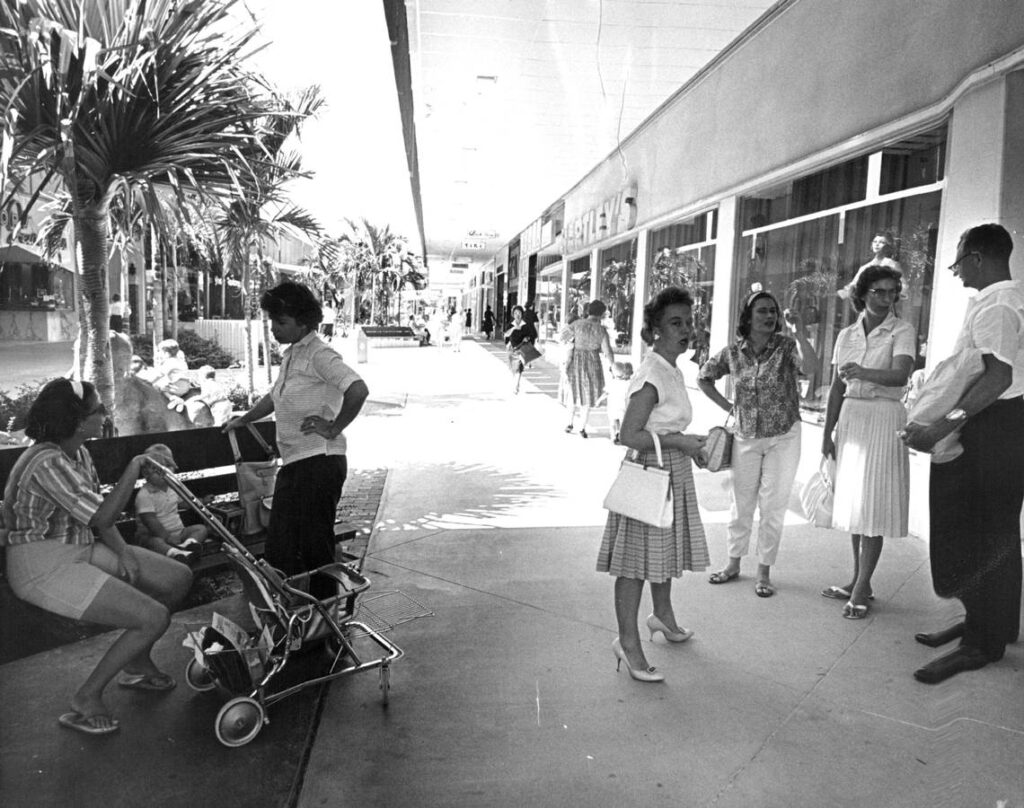I used to hate the mango tree.
It grew wild in the back corner of the strip mall where my parents ran a laundromat—wedged between a dumpster and the parking lot, its roots cracked the pavement and dropped fruit that stained the concrete dark and sticky. It smelled like sweat and sugar and summer all at once. The neighborhood kids made fun of it. They called it the immigrant tree.
Which, in a way, it was.
My father planted the seed when we first arrived from El Salvador in 1993. He’d found the pit in a box of overripe fruit behind the grocery store and stuck it in a coffee can until it sprouted. When we signed the lease for the laundromat, he asked the landlord if he could plant it “in a forgotten corner.” The landlord shrugged.
I didn’t see the point.
We didn’t have time for trees. We barely had time to eat dinner sitting down. My parents worked 14-hour days, hauling sacks of clothes, fixing broken washers, translating for customers who didn’t speak English or Spanish. On weekends, we cleaned. On Sundays, we prayed. The mango tree was just… there. Defiant and out of place.
One summer when I was fifteen, the city issued a notice: The tree is a hazard. It must be removed.
The order came after a customer slipped on a fallen mango and sprained her ankle. My father offered to build a small fence around it. They refused. I thought we’d give in. We always did. Keep your head down, don’t argue, stay grateful—that’s what we were taught.
But that night, I heard my father on the phone with the city clerk, his voice steady and low. “That tree feeds people,” he said. “It reminds me of where I came from. You don’t have to like it. But it stays.”
He filed a formal complaint. Showed up at the zoning meeting with a binder of signatures from neighbors who took the fruit home in bags. He even brought a mason jar of mango jam to the mayor’s office. Weeks passed. They backed down.
And the tree stayed.
When my father died in 2018, we planted another mango tree behind his favorite church. The original one—now taller than the roof of the laundromat—still grows strong, still splits the pavement, still drops golden fruit that stains everything it touches.
These days, I bring my own children to see it.
I tell them how something so ordinary can become sacred if you protect it. I tell them that being “out of place” is just another way of being rooted. I tell them that trees, like people, can thrive in impossible places—if someone believes they should.
And every time I say it, I think about my father in that parking lot, standing between the city and a tree that wasn’t supposed to matter.

